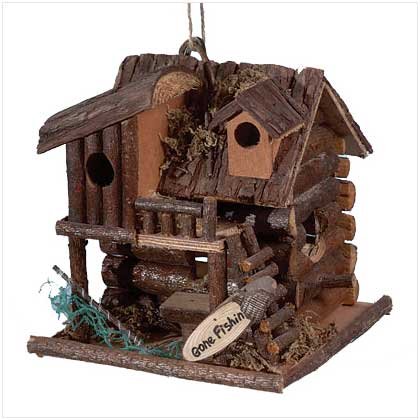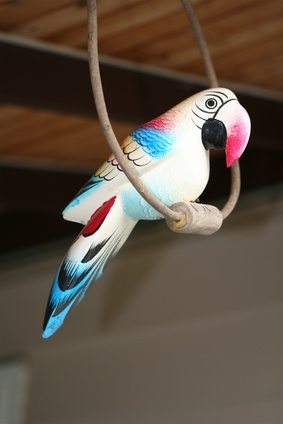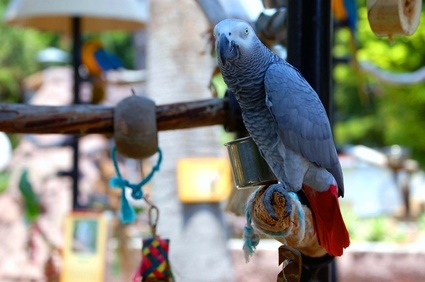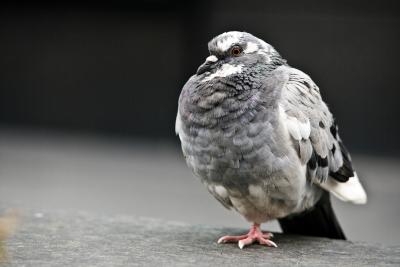The canary is well suited to an aviary housing a colony of birds as long as the aviary is large enough to prevent territorial squabbles. If you're going to use an aviary, house just one male with a few females, or more than three males with several females. Two males will quibble, often viciously, over the females, but more than three males seems to be the recipe for relative peace. Canaries also can be kept with other peaceable birds, including budgies, cockatiels, some of the grass keeps, and some varieties of no aggressive finches, as long as the aviary is large enough, if you do house birds of various species together, keep a close eye on them, especially the hook bills (budgies, cockatiels, and keeps), to make sure that no one terrorizes the other birds' nesting or roosting areas. Even though they are similar in size, never keep lovebirds with canaries. If you're serious about trying to do it in an aviary setting.
For a colony of birds' make sure that you include an excess of high roosting areas as well as feeding stations. You want to make sure that even the weaker personalities are able to eat, drink, and find a safe and comfortable place to sleep. Also, make sure that there's plenty of shelter from inclement weather. Most outdoor aviaries have a shelter area made of word that serves as both protection and a place for nighttime roosting.
Canaries who are kept outside all year cam become acclimated to the cold and won't mind winter weather if they're able to get out of the wind. Some people equip their aviaries with heated areas to make sure that the birds are comfortable. If it gets really cold where you live, keep thick plastic sheets and warm blankets on hand to cover the aviary walls when the weather gets fierce. Also, make sure that the birds' water doesn't freeze. If you live in a very warm climate, make sure that part of your aviary is shaded all day, and offer your birds plenty of fresh water.
If yon have the time and inclination, plant your aviary with safe trees and plants, and create water features like fountains. It's fun to watch the birds interact with these natural elements, and they make them comfortable and offer them shelter. You can grow plants in large clay post with natural, untreated soil and keep other plants outside to rotate in and out of the aviary when the plants inside become worn.
The floor of the aviary can be elevated so that the waste and excess food fall through, or you can use a concrete slab for easy cleaning. Some people prefer natural soil, sand, or a gravel substrate floor, which the birds do enjoy, but the aviary must have adequate drainage.
For safety, the outdoor aviary should be double-wired with screening in between the wires. The space between the wires prevents predators from reaching into the aviary and pulling your birds through the wires- yes, it can happen! The double wiring also prevents contact with wild birds that will want to feed inside your aviary, possibly passing disease to your birds. In addition, the screening prevents mosquitoes and other pests from entering your aviary and infecting your birds with illnesses.

 Bird Houses For Sale
Buyer and seller tips when looking for bird ho
Bird Houses For Sale
Buyer and seller tips when looking for bird ho
 Homemade Bird Perches From Tree Branches
Homemade Bird Perches From Tree Branches
Homemade Bird Perches From Tree Branches
Homemade Bird Perches From Tree Branches
 How to Color Bird Toys
How to Color Bird Toys
How to Color Bi
How to Color Bird Toys
How to Color Bird Toys
How to Color Bi
 How to Remove Bird Droppings
How to Remove Bird Droppings
How to Re
How to Remove Bird Droppings
How to Remove Bird Droppings
How to Re
 Important Reasons Why Sail Insurance Is So Important
Really of us must take out vacationing insurance when step
Important Reasons Why Sail Insurance Is So Important
Really of us must take out vacationing insurance when step